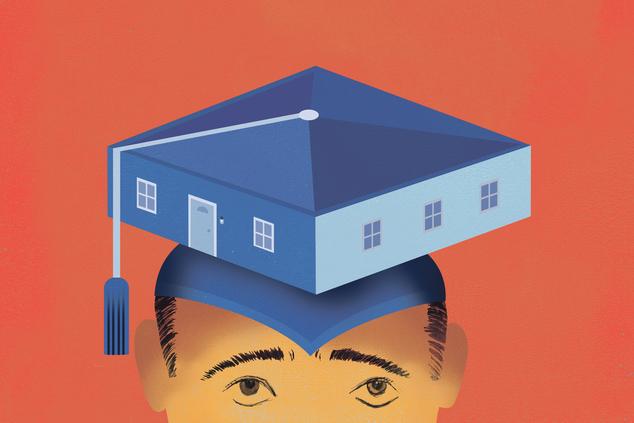


Your relationship with your student loan may be one of the most enduring commitments of your life. On average, most people with four-year degrees take 21 years to pay off their student loans.
That means your student loans will likely be a part of your life for many years to come—when you sell the old clunker you’ve been driving and upgrade to something that won’t leave you stranded on the side of the road, as you apply for a mortgage and move into your first home, or when you welcome a tiny little bundle of love into your life and start paying for daycare.
The good news? Even though your loans won’t disappear overnight, you can still move forward financially. When you’re looking at adding new expenses—like a mortgage or a higher car payment—you might consider reducing your student loan payment to make room for that additional line item on your budget.
Refinancing your student loans is just one of the ways you can lower your monthly payment. To decide if it’s the right choice for you right now, consider how a student loan refinance could help and if you are in the best position to refinance your student loans.
Refinancing your federal or private student loans may be the right move if:
You're in a good position to refinance student loans if:
So if you have good credit and a low debt-to-income ratio, but you need some more cash in your pocket right now, refinancing could be a smart way to make that happen.
One word of caution: if you have federal loans, consider whether you plan to use certain benefits, such as student loan forgiveness or income driven payment that may be lost upon refinancing.
Advertiser Disclosure: Many of the offers appearing on this site are from advertisers from which this website receives compensation for being listed here. This compensation may impact how and where products appear on this site (including, for example, the order in which they appear). These offers do not represent all financial or credit offers available.